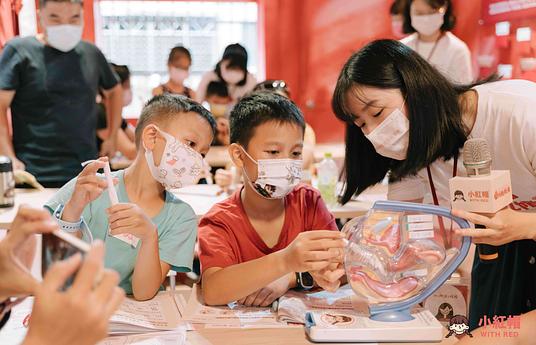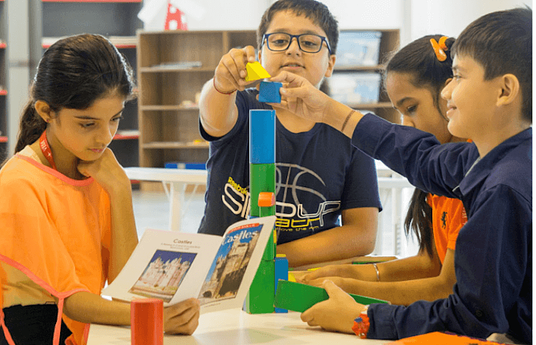In Eastern European countries Roma communities have been in a vicious circle of disadvantage, leading to school dropout, subsequent unemployment, early pregnancies and other problems. When creating this programme, the aim was double: to offer a sounder basis for the future of these children, and to also offer help to their parents in raising them as well as building a future for themselves.
The programme is jointly implemented by the foundation and teachers at the schools. Teachers receive training at the beginning of the implementation period using the Art of Hosting methodology, and are also offered continuous professional support during the programme period. The methodology used is based on brain research, and aims at creating a strong foundation for both school success and future life success with the participating children (mostly Roma girls from upper primary school, aged 10-14) and their parents, primarily mothers. The topics are chosen together, based on the overall aim of the project as well as topical issues (such as fear in the current Covid-19 period). The experiential learning programme is designed by a group of experts, but local implementers have a lot of freedom adjusting it. The foundation also offers technical support in the form of tablet computers to also enhance digital skills of participants.
Schools already engaged in other activities of the foundation were first invited to participate, using funding from Open Society Foundations. Currently the progamme is not only running in the original schools in Hungary, but also in the Hungarian speaking area of Serbia. At the moment, the programme also offers a mentoring scheme to other schools that wish to implement it thanks to funding from the H2020 of the European Union. The prorgamme is still focused on Hungarian speakers, but the plan is to widen the base by translations to other Eastern European languages as well as English (in the region, the level of English or other second language proficiency is very low).
You need to contact Liget Műhely alapítvány for train the trainer details. The short description of each training occassion is available on the project website, but only in Hungarian. Further information and English manuals can be obtained from the foundation.



